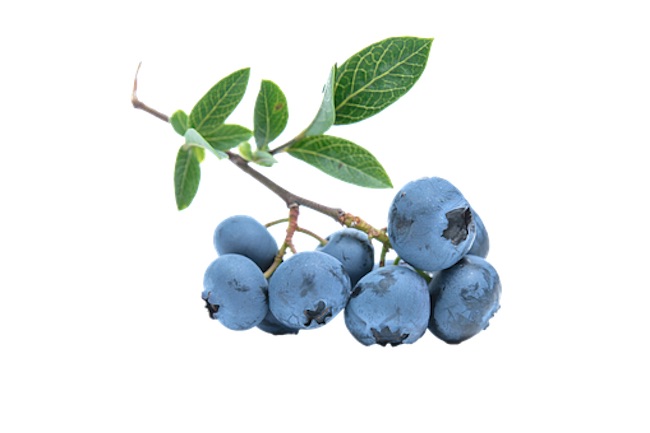New Compound From Blueberries Could Treat Inflammatory Disorders from Natural Blaze
Scientists show how a polyphenolic compound derived from blueberry can treat inflammatory bowel disease
Various plants and their products are known to contain “bioactive” ingredients that can alleviate human diseases. These “phytocompounds” often contain restorative biological properties such as anti-cancerous, antioxidant, and anti-inflammatory effects. Thus, understanding how they interact with the body can lead to potential treatment strategies against major immune disorders.
A team of researchers at Tokyo University of Science, led by Prof Chiharu Nishiyama, has been working this direction for the past several years, to identify novel active components in functional foods and understand their effects on the body. Their efforts have now led to success: In their latest study, published in The FASEB Journal, the scientists identified a polyphenolic compound called “pterostilbene” (PSB) with strong immunosuppressive properties–making it a potential therapeutic option for chronic inflammatory diseases, including inflammatory bowel disease (IBD). This compound is very similar to another phytocompound known to have important medicinal effects, called “resveratrol” (RSV). Dr Takuya Yashiro, corresponding author of this report, explains the idea that prompted their research, “RSV, a polyphenol, was known to have pronounced immunomodulatory and anti-inflammatory effects on animal models of colitis ulcer. Therefore, we investigated the possibility of other compounds structurally similar to RSV as a new type of treatment for IBD.”
In patients with IBD, the gastrointestinal tract lining contains long-lasting ulcers caused by chronic inflammation due to an elevated immune response in the body. This involves the excessive production of immune system-related molecules called “cytokines.” Moreover, two types of immune cells, “dendritic cells” (DCs) and “T cells,” are also involved: at the onset of an immune response, DCs produce inflammatory cytokines and activate T cells to initiate a defense response. These processes together form a complex pathway that result in a “hyper” immune response. Thus, to find an effective compound that can suppress the immune system, it was crucial to test it on this population of immune cells.




